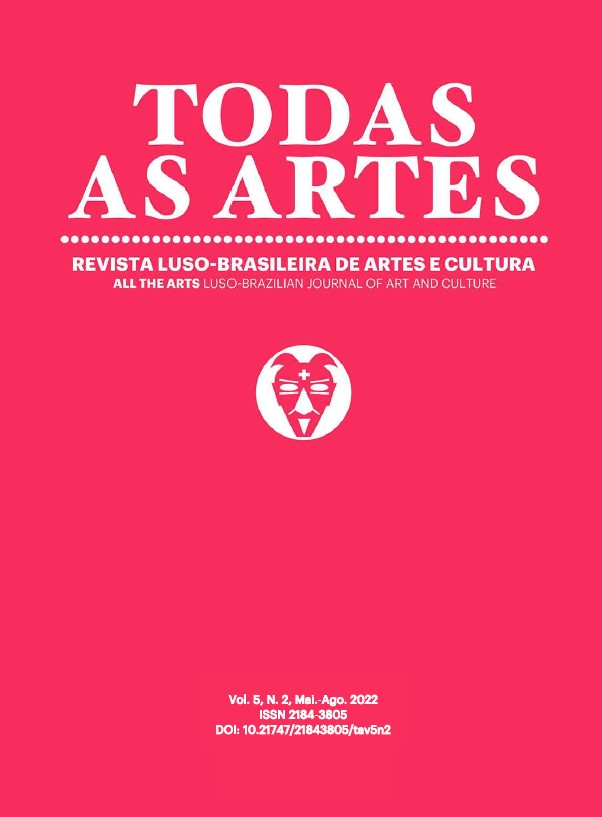CONSCIOUS ECO-CONSUMERS OR MAINSTREAM FASHIONISTAS?
THE PERCEPTION OF BARRIERS TO THE ETHICAL CONSUMPTION OF FASHION CONSUMER GROUPS
Abstract
Fashion consumers engage with the environment in line with changing styles, while their clothing purchase strategies range from necessity or experience-shopping to sustainabilitydriven choices. The inconsistent attitudes and behaviours of such consumers points to the complexity of purchasing decisions. To position fashionspectrum of ethical concerns, this study identifies five segments of fashion consumer groups based on fashion-orientation, sustainability concerns, frugality, and emotional ties. This study investigates the potential segmentation of fashion-consumer groups to understand the connection behind fashion-orientation and eco-consciousness in purchasing decisions. This study confirms that the of segments identified among the concerned and conscious groups. The most suitable target group for ethical and sustainable brands and online
shopping are the conscious trendy. This segment has a negative relation to frugality, and the highest commitment to and awareness. This study found that the most pro-environmentally and ethically committed segment is not interested in fashion and displays no affection for clothes. Ethical, slow, eco-conscious, second-hand, and vintage may all constitute a growing market, as new forms of consumption patterns may involve seeking to invest in timeless and circular models. To this end,
awareness-raising, co-creation, and communication should be targeted at different segments. This study sheds light on the attitude-behavior gap based on the perceived barriers to ethical consumption of the different fashion-consumer segments, while provides strategic recommendations on how these segments could be achieved through social media in various forms.
Downloads
Published
Issue
Section
License
Copyright (c) 2023 Todas as Artes

This work is licensed under a Creative Commons Attribution 4.0 International License.
- Declaração de consentimento
- Declaration of Consent
- § Todos os trabalhos publicados na revista Todas as Artes são abrangidos pela Licença Creative Commons Atribuição 4.0 Internacional (CC BY 4.0). Sob estes termos os autores conservam os seus direitos de autor e concedem à revista o direito de primeira publicação, permitindo a publicação, reprodução, distribuição, exposição e armazenamento do trabalho a nível nacional e internacional e em todos os formatos, formas e meios de comunicação atualmente conhecidos ou a desenvolver no futuro, incluindo formatos impressos, eletrónicos e digitais.
- § Os autores têm autorização para assumir contratos adicionais separadamente, para distribuição não-exclusiva da versão do trabalho publicada nesta revista (ex.: publicar em repositório institucional ou como capítulo de livro), com reconhecimento de autoria e publicação inicial nesta revista.
- § Os autores têm permissão e são estimulados a publicar e distribuir o seu trabalho online (ex.: em repositórios institucionais ou na sua página pessoal) a qualquer ponto antes ou durante o processo editorial, já que isso pode gerar alterações produtivas, bem como aumentar o impacto e a citação do trabalho publicado.



